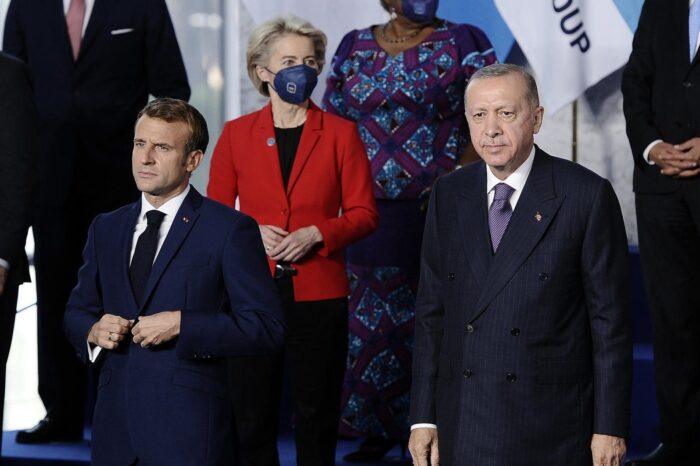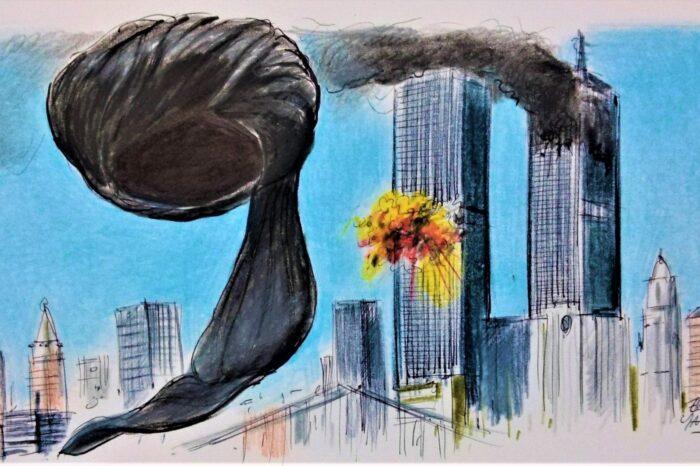Lessons from the Istanbul and Jakarta Attacks
The suicide bombing in Istanbul and attack in Jakarta have rung the warning bells for the international community to act cooperatively to counter the threat of DAESH terror, which has reached nearly every continent.
The attacks DAESH conducted in Istanbul and Jakarta in the last few days one more time demonstrate that the organization that the international community is trying to fight is more than a conventional terrorist organization, and to be able to wage an effective war against it necessitates a comprehensive plan of action.
Since DAESH’s emergence and its increasing operations in Syria and Iraq, observers say that the new organization was a more complicated one than its predecessor, al-Qaida in Iraq. This time the organization is attracting more foreign fighters, and the profile and background of these members show different patterns. When the international coalition declared its strategy “to degrade and to destroy” DAESH, the strategy seemed to be based on the organization being like its predecessor, whose main objectives were mostly limited to certain localities. However, in a short period of time, DAESH proved to be more resilient and more adaptable to the changing circumstances on the ground.
In 18 months, according to some reports, almost 20,000 members of DAESH were killed and most of its leadership were taken down by the international coalition. There was also some territorial gains from DAESH-controlled areas, including Sinjar and Ramadi. However, after each and every defeat or setback DAESH changed its tactic and brought terrorism to the heart of major cities around the world, showing that it is able to carry the war to the center of members of international coalition.
With the increasing coordination between the members of the international coalition DAESH started to target different cities, including Beirut, Paris, Ankara, Istanbul and Jakarta. These are all major metropolitan areas and the attacks, other than the one in Jakarta, which mostly targeted a police station, mostly aims to create a high number of casualties against soft targets.
Every attack demonstrated more difficult dimensions of fighting DAESH. First of all, as mentioned above, the attackers rarely show a pattern, process or trend of radicalization. More importantly, the emergence and operationalization of DAESH cells are taking place in such a short period of time that it becomes almost impossible for security authorities to track them down. It is not hard to guess that as the pressure on DEASH in Syria and Iraq increases, the organization will try to conduct more terrorist attacks similar to those in Paris, Istanbul and Jakarta.
So the main question is while trying to degrade and destroy DAESH, how can the international community contain it? While focusing on how to defeat DAESH in Syria and Iraq many in the world might forget that this organization is able to mobilize different cells around the world, spread its operations to different regions and use multiple forms attack, including random shooting, suicide bombing and attacking with grenades in different circumstances.
Defeating DAESH will not be possible only with airstrikes or drone attacks on DAESH leaders. More effective means of fighting this organization need to include as many differing tactics and strategies as the repertoire of DAESH’s actions. Security agencies need to be as flexible in their methodologies as the terrorist organization. More importantly, the international effort to fight DAESH needs to achieve a significant degree of cooperation and coordination in intelligence sharing. It is impossible for an individual country regardless of its strength and experience in counterterrorism to deal with such an international network of terrorism. It is only through a meaningful and effective coalition that will be consolidated through coordination in information gathering and sharing about these groups that their attacks can be prevented. In the absence of this, if the only cooperation that continues to take place is in military realm, success against DAESH on the ground in Syria and Iraq will result in the failure to protect civilians in different capitals and metropolitan cities around the world. The Jakarta and Istanbul attacks are now the last wake-up call for the international community to understand the degree of danger and act accordingly to stop DAESH.
This article was first published in the Daily Sabah on January 16, 2016.























